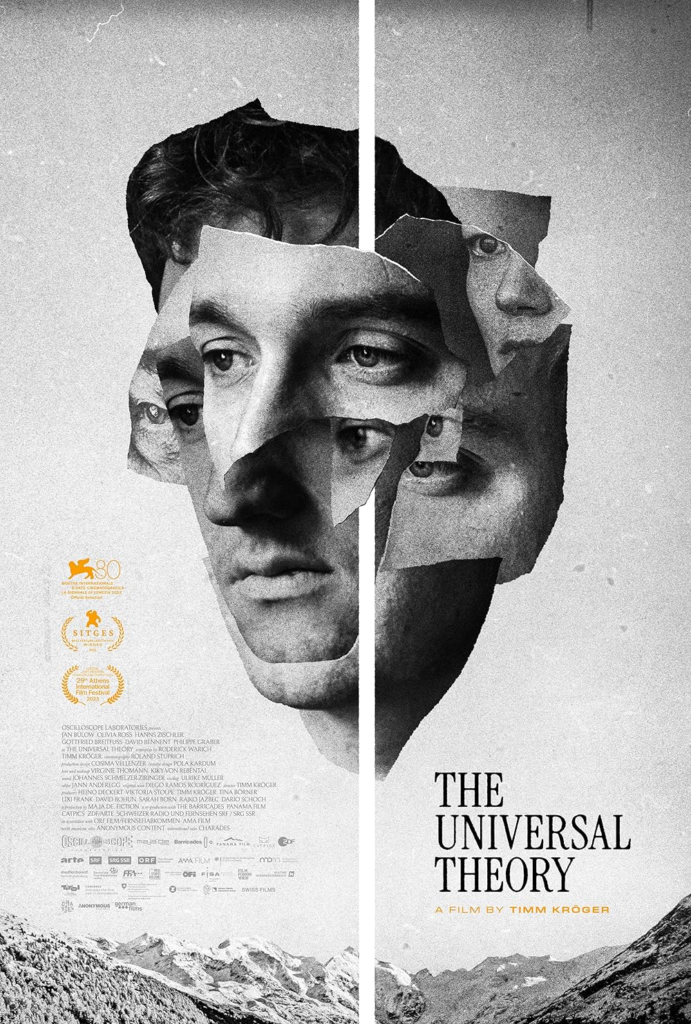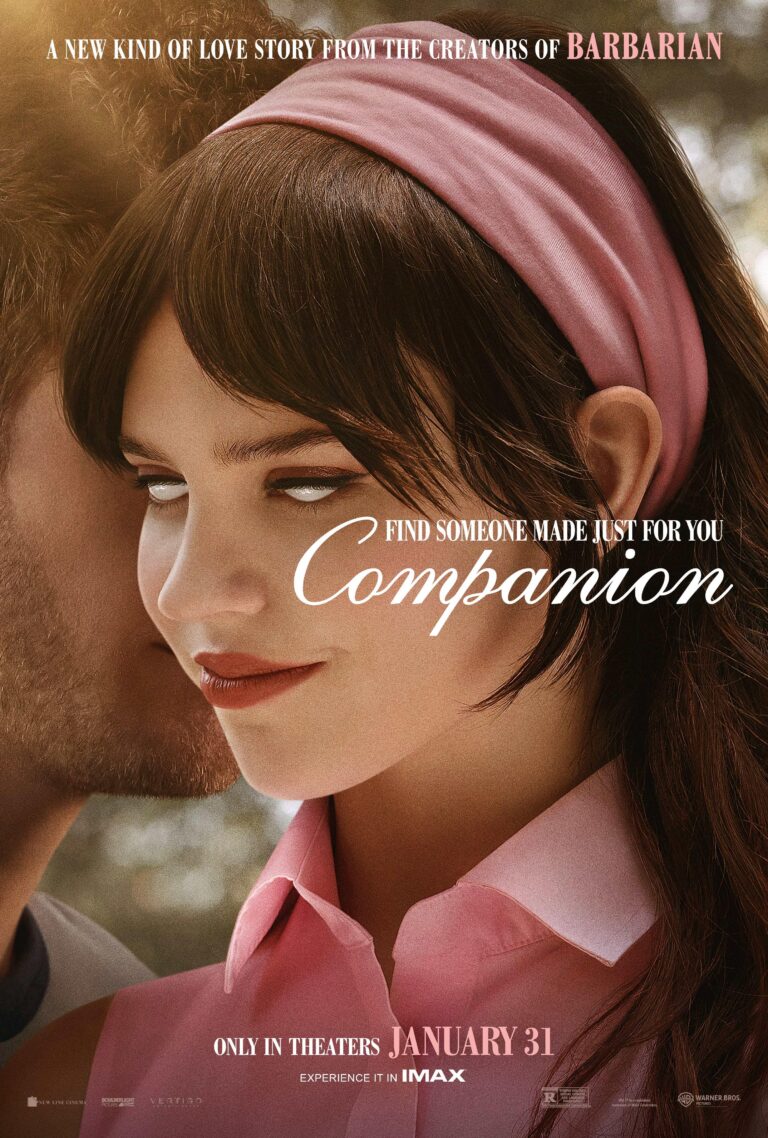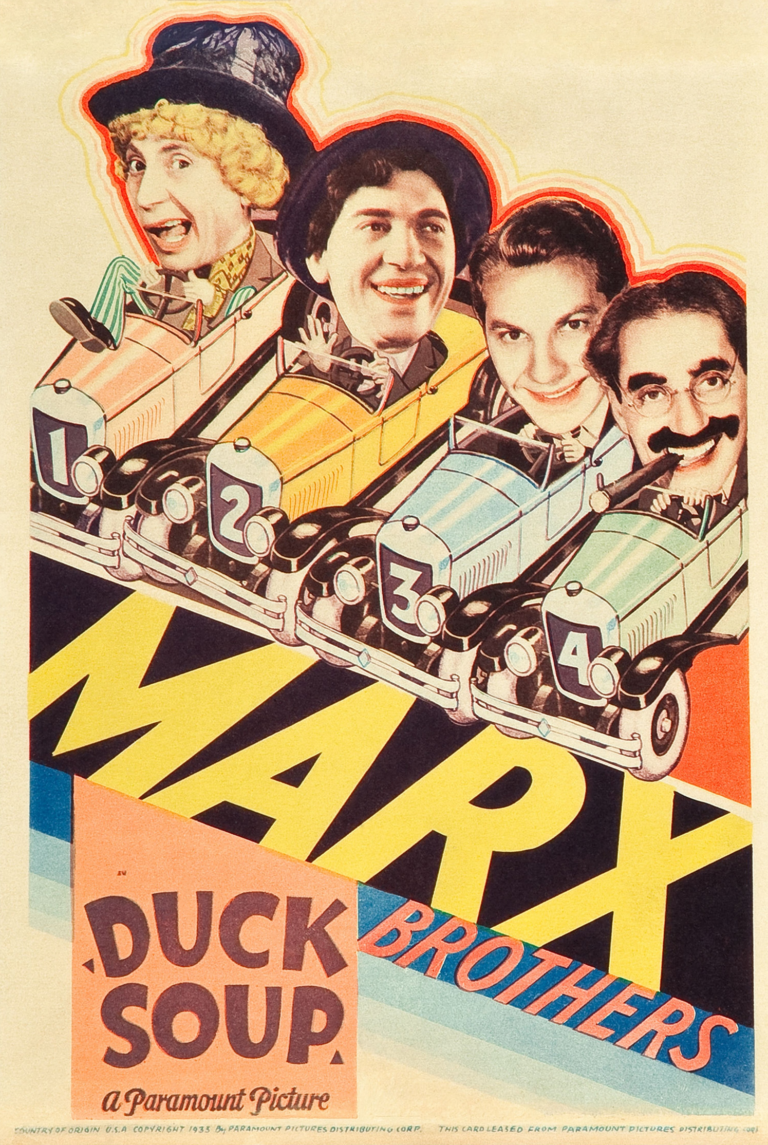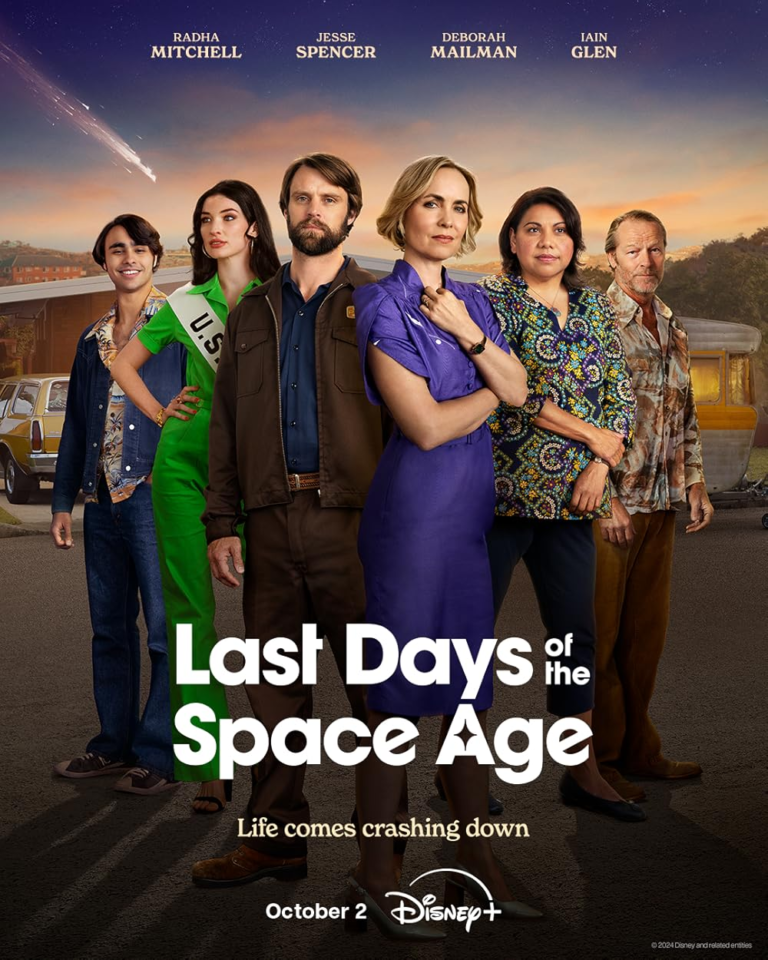The Universal Theory Christian Review

The Universal Theory is one of those films that’s hard to pin down. It’s a strange mix of ideas, influences, and aesthetics that somehow manages to entertain without ever quite finding its footing. Set in the Swiss Alps in 1962, the story is centered around the possibility of a rift in reality, a tear in the fabric of the universe that nobody can quite explain. But, really, the plot is almost secondary to the atmosphere the film creates. It’s more about the feeling of being on the edge of understanding something bigger, something cosmic, but never quite getting there. As a viewer, you get wrapped up in this sensation of uncertainty—like you’re chasing an answer that’s always just out of reach.
A Patchwork of Ideas
Right from the start, it’s clear this film is a bit of a mashup. You’ve got elements of classic spy thrillers—wacky professors, evil agents lurking in the shadows, a femme fatale who’s as dangerous as she is alluring—all tied together with a metaphysical twist. There’s a surrealist quality to the whole thing, reminiscent of directors like David Lynch, where you’re never quite sure what’s real or what’s imagined. For some people, that’s going to be the best part of the movie. It’s weird, and it knows it’s weird, and it plays with that in a way that feels intentional.
But then, there’s this other layer, a philosophical undercurrent running through the whole thing. It’s all about the nature of reality, truth, and whether we can ever fully understand the universe we live in. The film throws out big questions—what if reality is more fluid than we think? What if the very idea of truth is something we can’t quite grasp? These are heady ideas, and while the movie touches on them, it never really goes deep enough to offer any meaningful answers. It’s more like the filmmakers are tossing them into the mix just to see what happens, leaving you to sort through the pieces.
Truth and Reality: Slippery as Ever
As a Christian watching this film, there’s an immediate tension between what the movie suggests about truth and what we believe. The movie leans into this idea that truth is slippery—that reality is something that can be bent or reshaped depending on how you look at it. And while that makes for a fascinating film experience, it also feels a bit hollow. In a world where everything is relative, where truth can shift and change, where does that leave us?
There’s a kind of appeal to this ambiguity, sure. It taps into the part of us that likes to think of the universe as mysterious and unknowable, full of secrets waiting to be uncovered. But as believers, we’re not left in the dark about what’s real and what’s true. We have the assurance of God’s truth, which doesn’t change or shift with time or circumstance. That’s what makes watching a movie like The Universal Theory both interesting and frustrating. It plays with these big concepts but never offers anything solid to hold onto.
Characters: Cryptic, Yet Familiar
The characters in this film feel like they’ve been pulled straight out of a 1960s spy novel—colorful, quirky, but not exactly three-dimensional. There’s the brilliant but eccentric professor, the shadowy spies who seem to know more than they let on, and the seductive femme fatale who plays her own game. It’s all very familiar, but the film injects just enough surrealism into these archetypes to make them feel fresh. They’re cryptic, almost intentionally vague, like pieces on a chessboard rather than fully realized people. You’re never quite sure what their motivations are, and the film doesn’t really seem to care about explaining it. They exist to move the plot forward, to create a sense of intrigue and keep the audience guessing.
But even with their cryptic nature, the characters do serve a purpose. They’re part of the film’s larger theme of uncertainty—just like reality itself, these people are unknowable, hard to grasp. And while that’s an interesting choice from a storytelling perspective, it does leave you feeling a bit detached. There’s no one to really root for, no character that feels fully human. It’s all surface-level intrigue, and after a while, that starts to wear thin.
A World of Visual and Aesthetic Pleasure
If there’s one thing The Universal Theory nails, it’s the visual experience. The Swiss Alps setting is breathtaking, and the film does a fantastic job of creating a sense of place. The period details are meticulously crafted, from the clothes to the cars to the technology. There’s a certain kind of nostalgia at play, a nod to old-school cinema that makes the film feel like a love letter to a bygone era. And then, there’s the cinematography—lush, rich, and often dreamlike. The way the camera moves, the way the shots are framed, it all adds to the sense that you’re watching something slightly out of time, something not quite real.
There’s also a moment in the third act where the film really leans into its surrealism. Without giving too much away, let’s just say it involves an audiovisual avalanche—noise, color, chaos—that almost overwhelms the senses. It’s the kind of moment that feels like pure cinema, where the medium itself becomes part of the story. It’s beautiful and overwhelming, but like much of the movie, it leaves you wondering: What was the point of all that?
Mystery Over Meaning
By the time the credits roll, The Universal Theory has thrown a lot at you—philosophical musings, cryptic characters, stunning visuals—but it never quite ties it all together. It’s a film that seems more interested in asking questions than in offering answers, and that’s both its strength and its weakness. There’s an appeal to that kind of mystery, to the idea that some things are simply beyond our understanding. But as a Christian, it’s hard not to feel like the film is missing something crucial.
At the end of the day, we believe in a God who reveals Himself, who offers clarity and truth in a world that often feels chaotic and uncertain. And while the mystery of God’s ways is something we’ll never fully understand, we also know that He is a God of order, not confusion (1 Corinthians 14:33). The Universal Theory revels in confusion, in the slipperiness of reality, and while that makes for an interesting film, it ultimately feels a bit hollow. It’s like it’s chasing something it can never quite catch.
Final Thoughts: Interesting but Unfulfilling
The Universal Theory is the kind of movie that’s going to appeal to a specific audience—people who enjoy surrealism, who like films that don’t hand them easy answers, who appreciate a mix of genres and aesthetics. It’s visually stunning, intellectually intriguing, and at times genuinely entertaining. But for all its metaphysical musings and cinematic beauty, it’s also a film that feels incomplete. It’s more about the journey than the destination, and while that’s fine for some, it might leave others—especially those of us who value truth and clarity—feeling unsatisfied.
In the end, it’s a film that’s worth watching, but don’t expect to walk away with any grand revelations. It’s more of a cinematic puzzle than a story with a clear message. And while that can be fun in its own right, it’s also why I’d give it a 6/10—enjoyable, but ultimately lacking in substance.






